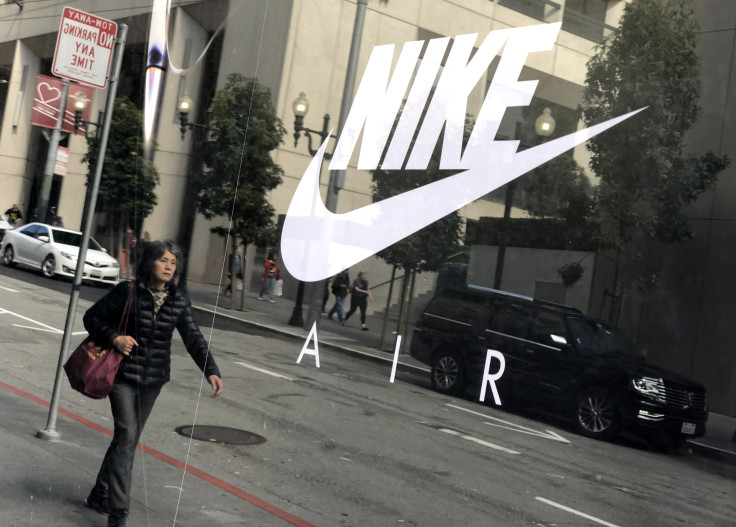Did Nike Create The Greatest Running Shoe Ever?

With the global running shoe market valued at $13.16 billion last year, it's no surprise that many companies are constantly racing to find the latest and greatest innovation. To casual shoe wearers, a shoe might just be a shoe. But to runners, both professional and recreational, it's all about speed, comfort, and efficiency. Much as with any sport, people want the best equipment available at a price they can afford.
While running shoe technology is generally comparable, Nike (NYSE:NKE) may have made a big sprint to the front of the pack with its Nike Vaporfly series. Are these the greatest running shoes ever? And if so, could this mean continued success for Nike?
Let's break down the details investors and those looking to invest should be aware of.
Why is the Nike Vaporfly making so much noise in the industry?
The sub-two-hour marathon used to be one of the most elusive feats in all of running. I say "used to be" because, earlier this month, Eliud Kipchoge raced into the history books by finishing the 26.2-mile course in Vienna, Austria, with a time of 1:59:40.2. While much of the glory deservedly goes to Kipchoge, attention quickly turned to the technology he was wearing on his feet -- a version of the new Nike Vaporfly series. In fact, over the past year, runners sporting the new kicks turned in the five fastest marathon times in history. Coincidence? You can be the judge.
The fact that these shoes are aiding runners in reaching new heights is only part of the buzz. One might expect technology like this to cost thousands of dollars or be unavailable to the public, but the Vaporfly 4% model and the ZoomX Vaporfly NEXT% model are available from several retailers for around $250. Kipchoge wore a modified version of the NEXT% in Vienna. While the $250 price tag is higher than the average running shoe MSRP of $121, it's still in an affordable range for those with disposable income looking to gain an edge in their running efforts.
Controversy surrounding the new shoes
While many are excited about running technology reaching new heights, the shoe is not without some controversy. The International Association of Athletics Federations (IAAF) began an investigation last week, enlisting the help of scientists from the University of Queensland, former professional athletes, and legal experts to determine if there are any issues with the Vaporfly series. The concern raised by some professional runners is that the shoes give an unfair competitive advantage.
Currently, the IAAF's stance on running shoes is that as long as they are reasonably available to competitors and they don't provide unfair assistance or advantage, they're cleared for competition use. There are no indications at this point of any changes coming to this stance or that the Vaporfly series, which has been around since 2016, is in violation.
What this could mean for Nike
If these shoes withstand the controversy heat and continue to deliver similar results, it could be a financial game-changer. Nike has already applied to patent elements of the shoe that may be challenging for competitors to reproduce. If the company has a lock on this new technology and the competition lags, you may be hard-pressed to find professionals not switching to Nike. The athletes tied up in endorsement deals with other companies would struggle to compete.
How would consumers respond? The shoe not only boasts speed, but it is also said to deliver less leg strain and decreased soreness. A shoe used by all the top professionals to break records that will make you faster and limit wear and tear on your body at a reasonable price from a trusted brand is a pretty attractive value proposition.
Jason Lee has no position in any of the stocks mentioned. The Motley Fool owns shares of and recommends Nike. The Motley Fool has a disclosure policy.
This article originally appeared in The Motley Fool.




















